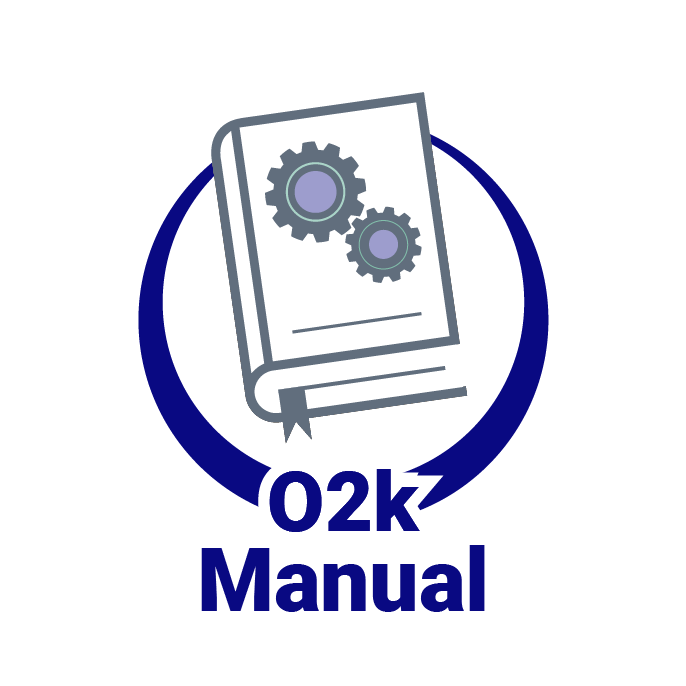Difference between revisions of "TIP2k Volume + Time"
| Line 9: | Line 9: | ||
Many thanks to [[ | Many thanks to [[Therkelsen_AIb]] from [[DK Copenhagen Quistorff B]], an [[O2k-Network]] Reference Lab for pointing out this problem! | ||
{{#set: Technical service=TIP2k|Technical service=DatLab}} | {{#set: Technical service=TIP2k|Technical service=DatLab}} | ||
Revision as of 14:01, 15 June 2015
 |
TIP2k Volume + Time |
MitoPedia O2k and high-resolution respirometry:
O2k-Open Support
Problem: If the user programs an injection by setting volume and time (button "Vol+Time") the required flow is calculated by DatLab. The result is rounded to a precision that can be handled by the TIP-2k. For long, slow injections this may result in significantly more or less time being necessary to inject the desired volume than the time entered by the user. If this injection is immediately or with a short delay followed by another injection this may lead to a conflict between the not finished first and the already starting second injection. Using DatLab 4 in this situation will crash the TIP program (error "TIP already running"). In newer DatLab versions (certainly DatLab 6, maybe some earlier versions) the program will be executed with the start of the second injection delayed. However the TIP status line will behave strangely in the overlapping time and events may be set at the wrong time.
Work around: Use the rounded flow as a starting point to set you own Flow+ Volume or Flow +Time values that fit your experimental design.
Alternative work around, not tested for all DatLab versions: After entering the desired volume and time, press either the button "Vol+Flow" or "Flow+Time". DatLab will us the rounded flow to calculate a new time, or a new volume, respectively.
Many thanks to Therkelsen_AIb from DK Copenhagen Quistorff B, an O2k-Network Reference Lab for pointing out this problem!




